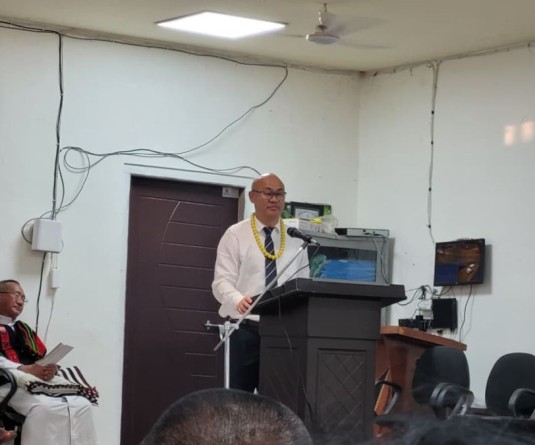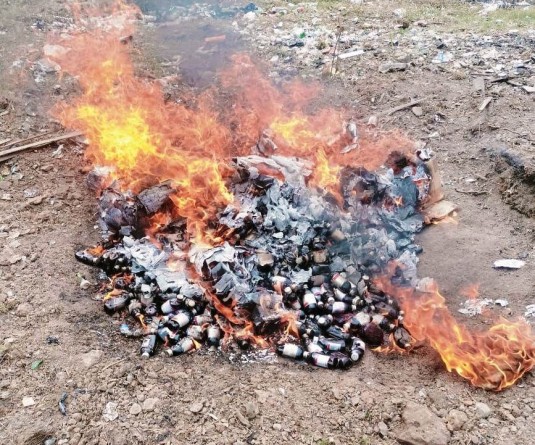
Dimapur, October 7 (MExN): Nagaland missed out on the Green Revolution and has ever since remained an agriculturally-underdeveloped state for a long time, Nagaland Minister for Agriculture Dr. Chumben Murry told a Guwahati workshop September 30. He addressed a workshop on agriculture and the strategies, policies and practices envisaged for the North-East. In the workshop was also Union Minister for Agriculture Sharad Pawar.
Minister Dr. Murry said that Nagaland could not harness the benefits of the Green Revolution and still remains an agriculturally-underdeveloped state. He said that Nagaland’s very high population growth coupled with climate-related issues such as drought situations and continuous rodent menace, is giving rise to deep concerns about food security in the state.
Nonetheless, he said, during the recent years, the state has shown increase in production rate averaging 10.29% during the 10th Five Year plan. This trend is attributed to the Nagaland government’s policy such as “Year of Rice & Maize” (2002), “Year of Farmers” (2006-2007), the North East Expo 2006 and the Rice Festival (2007). These have directly benefited the small and marginal farmers of the state, Dr. Murry said.
‘But at the same time, the state having a very high population growth and with the climate-related calamities like drought situation and continuous rodent menace, food security is becoming a big concern,’ he said. Taking this into account, the minister requested the government and other contributing stakeholders to develop strategies and adopt effective policies and innovations properly in line with the national policies to enhance production and productivity.
Dr. Murry focused on devising agriculture strategies and policies to wean farmers away from traditional farming to a more scientific and settled form of cultivation with a larger stress on the Rabi campaign. New strategies and policies will also need good capacity building and incentives for both the service providers and receivers where Krishi Vigyan Kendras and Extension Services need to be strengthened, he said.
The minister emphasized on the urgency to shift to need/potential-based bottom-up approach given the variable topography and climatic conditions even within the state; strengthening natural resource management of soil and water; strengthening inputs with local need-oriented research and also intensifying the seed-village scheme; better pest surveillance and disaster management and review of calamity relief Fund distribution; R&D on mechanization of Hill agriculture; promotion of organic farming; construction of more and up-grading existing agri-link roads; agriculture marketing infrastructure and linkages; e-Agriculture for better surveillance, management of data and a faster, better farmer centric “information education and communication” systems.






